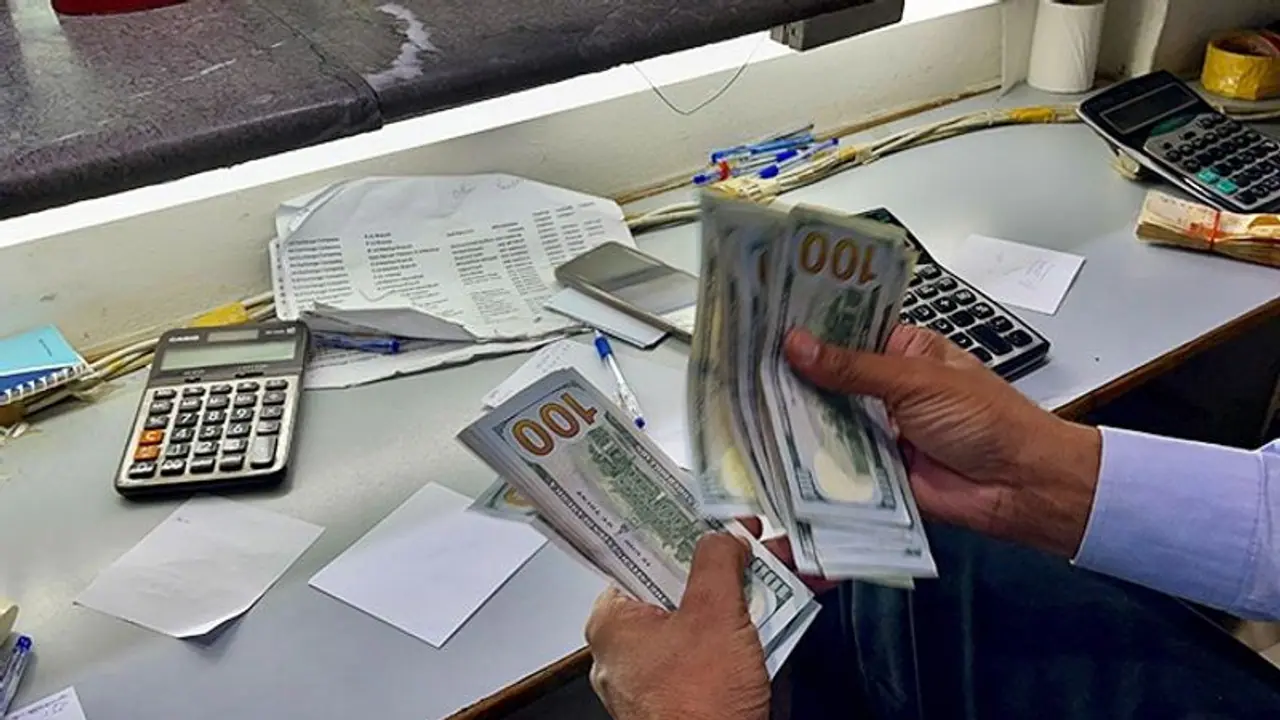The Executive Board of the International Monetary Fund (IMF) on Monday completed the combined 7th and 8th reviews of a loan facility for Pakistan, allowing immediate disbursement of USD 1.17 billion to the cash-strapped country.
The IMF has issued a warning that Pakistan is at a "challenging economic juncture," as unfavourable external conditions have battered the country's economy as a result of spillovers from the conflict in Ukraine and domestic difficulties that have led to unequal and unbalanced development.

The combined 7th and 8th evaluations of a loan facility for Pakistan were completed by the Executive Board of the International Monetary Fund (IMF) on Monday, enabling an immediate release of USD 1.17 billion to the cash-strapped nation.
Also read: Pakistan flood death toll reaches 1136; IMF to provide $1.17 billion | Top updates
While approving the much-needed bailout plan, after months of hectic efforts, including an unusual intervention by Pakistan Army chief Gen. Qamar Javed Bajwa, the Washington-based lender said, "Pakistan is at a challenging economic juncture."
"A difficult external environment combined with procyclical domestic policies fuelled domestic demand to unsustainable levels. The resultant economic overheating led to large fiscal and external deficits in FY22, contributed to rising inflation, and eroded reserve buffers," the IMF said in a statement.
The programme seeks to address domestic and external imbalances and ensure fiscal discipline and debt sustainability while protecting social spending, safeguarding monetary and financial stability, maintaining a market-determined exchange rate and rebuilding external buffers.
The IMF has also authorised extending the loan's maturity date till June 2023 and boosting its value to around USD 7 billion.
"Pakistan's economy has been buffeted by adverse external conditions due to spillovers from the war in Ukraine, and domestic challenges," Antoinette Sayeh, IMF deputy managing director and the acting chair, said in a statement on Monday.
Sayeh said Pakistan needs "steadfast implementation of corrective policies and reforms remain essential to regain macroeconomic stability, address imbalances and lay the foundation for inclusive and sustainable growth."
The USD 6 billion agreement between Pakistan and the IMF was signed in July 2019, but it was abandoned in January 2020, temporarily resumed in March last year, and then abandoned in June.
After overthrowing Imran Khan's administration in April of this year, the current government, led by Prime Minister Sharif, started attempting to restore the programme.
Following the conclusion of the USD 4 billion in bilateral financing from four friendly countries, including China and Saudi Arabia, the IMF gave its formal consent. It would open the door for the loan to be disbursed right away.
Also read: Pakistan minister urges citizens to cut down tea consumption; here's why
Sayeh added in her statement that the Pakistani government's intention to generate a modest primary surplus in FY2023 is a positive step toward easing fiscal and external pressures and fostering confidence. According to her, controlling current spending and maximising tax collection is essential to provide for much-needed social protection and enhance the viability of the public debt.
It is also crucial to improve the energy sector's viability and lessen unaffordable losses, such as by sticking to the planned increases in fuel levies and energy tariffs. She stated that it is crucial to make further efforts to combat poverty and safeguard the most vulnerable by improving targeted payments, particularly in the current situation of high inflation.
"The tightening of monetary conditions through higher policy rates was a necessary step to contain inflation. Going forward, continued tight monetary policy would help to reduce inflation and help address external imbalances," the IMF deputy managing director said.
These goals would be helped by continuing a proactive and data-driven monetary policy. Financial stability would also be supported by strict regulation of the banking sector and prompt action to remedy undercapitalised financial institutions. She asserted that maintaining a market-determined exchange rate is still essential for mitigating shocks from the outside world, sustaining competitiveness, and restocking foreign reserves.
"Accelerating structural reforms to strengthen governance, including of state-owned enterprises, and improve the business environment would support sustainable growth. Reforms that create a fair-and-level playing field for business, investment, and trade necessary for job creation and the development of a strong private sector are essential," Sayeh added in her statement.
Meanwhile, the Pakistani rupee surged against the US dollar on Tuesday during intra-day trade after the IMF's much-awaited bailout programme for the country. The rupee appreciated by 2.42 to 219.50 against the US dollar during intra-day trade in the interbank market, down from Monday's close of 221.92.
Also read: IMF rejects Pakistan's borrowing request amid rising financial woes
The loan approval comes as Pakistan's foreign exchange reserves stood at a paltry USD 13.5 billion as of August 19, according to the State Bank of Pakistan. Inflation touched 45 per cent in August, according to government data. Earlier this month, New York-based rating agency S&P Global revised Pakistan's long-term ratings from 'stable' to 'negative' given the spiralling inflation and tighter global financial conditions.
(With inputs from PTI)
